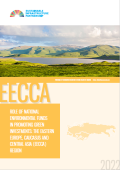
The case study details the function and practice of Specialised Environmental Funds in countries of the EECCA Region.
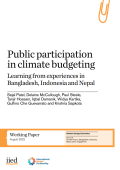
This case study explores the role of public participation in climate budgeting in these three countries by assessing these governments’ adherence to the Global Initiative for Fiscal Transparency (GIFT) principles of public participation in fiscal policy.

Through the enactment of the Finance Act 2019 and issuance of the Green Bond Guidelines by the Capital Markets Authority, the government provided the enabling conditions for the successful issuance of the first sustainable infrastructure funding system that is based on an innovative financing instrument - Green Bonds (GB).

This report presents a collection of case studies and best practices for achieving sustainable and transformative results for biodiversity.
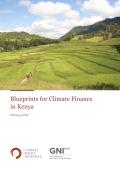
This report highlights innovative financial structures that have the potential to transform livelihoods and sustain projects at the local level.
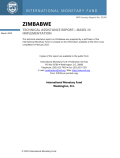
This technical assistance report on Zimbabwe outlines the IMF's findings on the Reserve Bank of Zimbabwe implementation of Basel III liquidity standards.
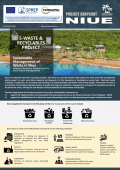
Niue looks to introduce a financially sustainable system to enable the long-term collection, management, and export of recyclable and end-of life electronic items.
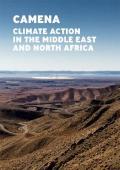
Climate Action in the Middle East and North Africa (CAMENA) is a financial facility providing support to the region’s sustainable growth and its efforts to combat climate change.
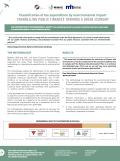
This case study analyses how tax expenditures are classified and instrumentalized for climate impact in Costa Rica.
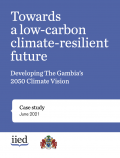
This case study reports on The Gambia's 2050 Climate Vision, highlighting short-term action and innovative planning for a low-carbon and climate-resilient policy landscape.
